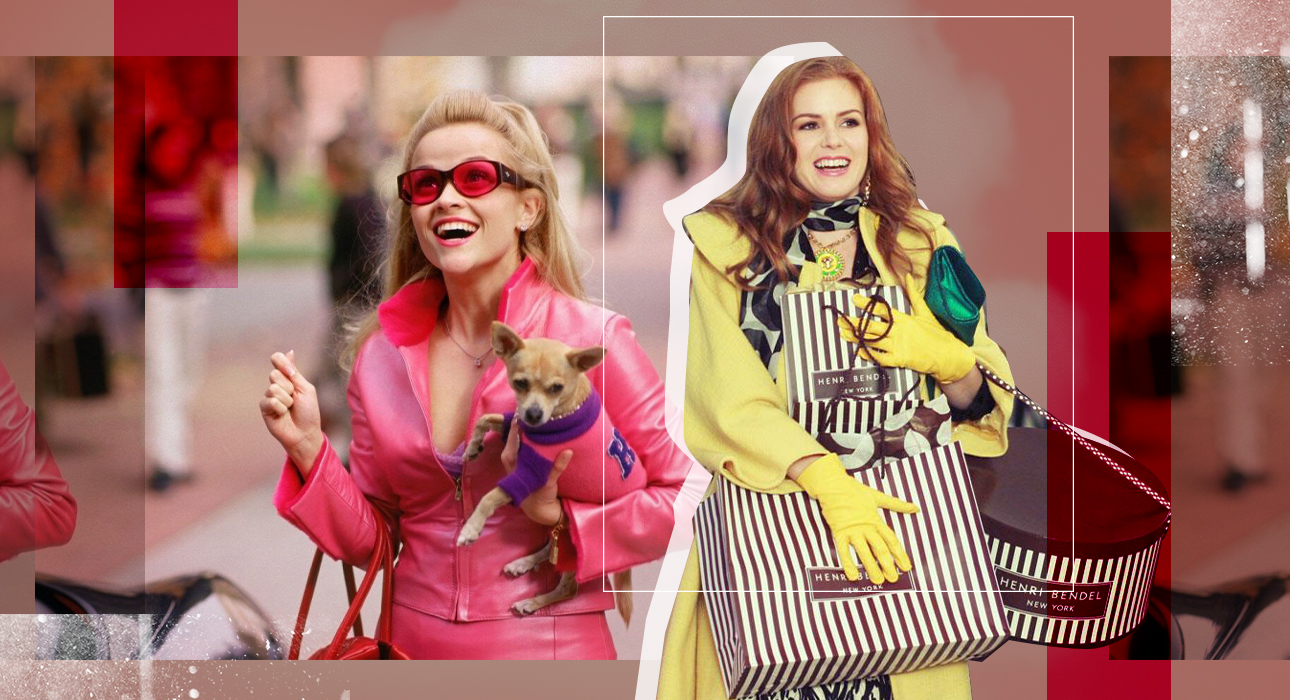You’ve probably noticed that special music is played in shops and restaurants? And in some boutiques, the smell of perfume is in the air. All this is nothing more than marketing tricks that encourage us to stay longer in our favorite place and at the same time buy more things.
Of course, you are unlikely to get bored of expensive new clothes soon, but it is not very pleasant to wander around in debt, as if it were silk. Why are so many sacrifices made? Was it really hard to tell yourself “stop”? Why was it that at the time of purchase we could find a logical explanation, but now we realize that we could easily do without it? Is it true that people are never satisfied with what they have?
Psychologist Maria Bruce answered these questions exclusively for The Fashion Vibes, explaining what the “Diderot effect” is and how it affects our consumer behavior.
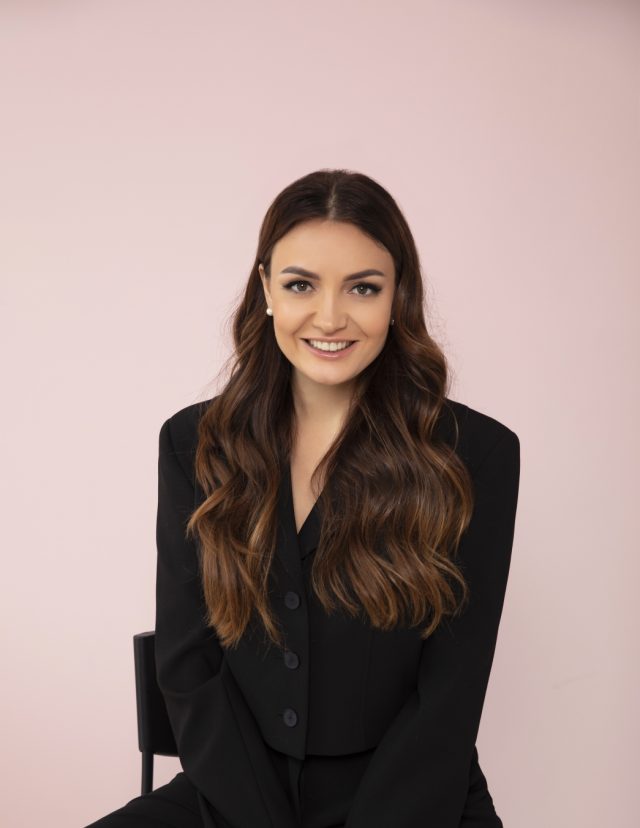
Maria Bruce, psychologist
What is the “Diderot effect”?
The “Diderot effect” is a phenomenon in which a person, after purchasing a new item, begins to become dissatisfied with what he already has. This can lead to a shopping spree where the person becomes obsessed with improving all of their belongings. Literally, there comes a time when, having bought a new expensive dress, you realize that your old shoes definitely do not fit with this dress, and you immediately go shopping for new ones.
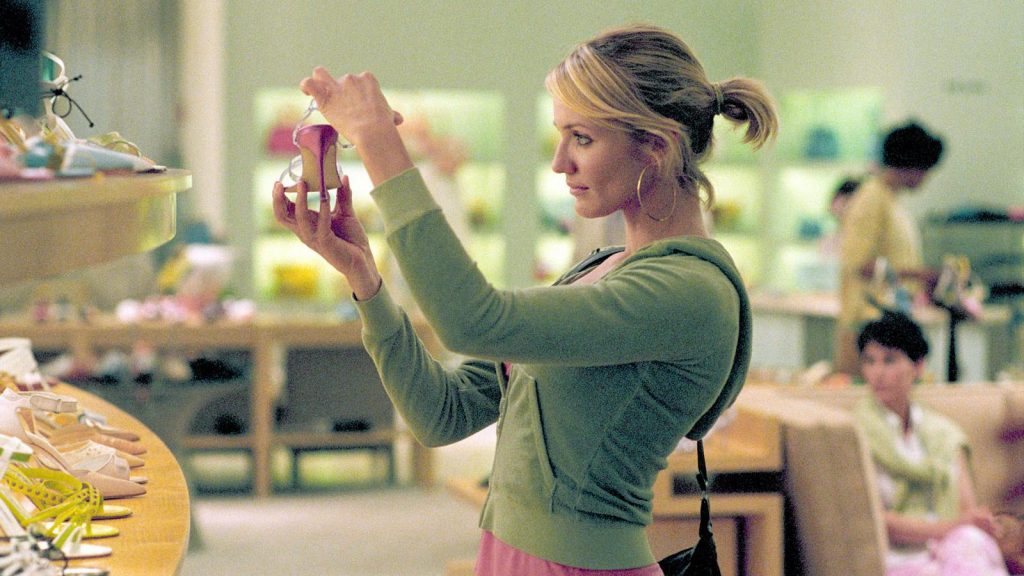
Thoughts and attitudes that may indicate that you are a victim of the “Diderot effect”
“I bought myself a new dress because the old one was completely worn out. “Now I need shoes and a hat to match, otherwise I have nothing to wear”;
— “I finally bought a membership to the fitness club. But I still need new sneakers, uniform, swimsuit, goggles and pool hat to start training”;
– “We updated the car. For this I want to order new wheels, cover them with film or polish them, install automatic start”;
– “Hooray, we are getting married. The wedding should be unforgettable: we will order the most expensive restaurant, presenters, DJs, photographers, we will record on the spot, we will go on a honeymoon”;
“We’re getting ready to go to the theater, but I have nothing to wear. “I’ve worn everything that’s hanging in the closet more than once”;
“You should not move to a new apartment with old furniture. Let’s at least get a bed. And a sofa. And we will order shelves.
What causes the “Diderot effect” and why do we buy status?
A person often compares his life with someone else’s and gets satisfaction from gaining superiority over other people. This is especially evident in consumer behavior: a person acquires new things to demonstrate his social status and success. Consumer society reinforces this tendency through advertising. Marketing techniques influence our wants and needs, making us obsessed with updating things. This creates the “Diderot effect” in the person.

Doctor of Philosophy Thorstein Bund Veblen argued that at the end of the 19th century, consumerism arises not only from the desire for economic gain (the desire to purchase the most suitable product in terms of price and quality), but, above all, with social advantages (demonstration of status and belonging to a certain class through the possession of things). He outlined this idea in 1899 in his book “The Theory of the Leisure Class” and called this process conspicuous consumption.
Psychiatrist Robert Waldinger conducted a unique life satisfaction study that spanned 75 years. The results showed that for a person to feel good, it is not achievements that are primarily important, but connections with people and mutual understanding.
“The adult participants of our project believed that wealth, fame and great achievements were exactly what was necessary for a happy life. But over 75 years, our research has confirmed again and again: Those who have confidence in their relationships with family, friends, colleagues and like-minded people are happy and prosperous,” Waldinger noted.
In 1988, Canadian anthropologist Grant McCracken proposed the concept of “Diderot’s unity”, in which all possessions acquired by a person reflect his personality and create a single space of things. Purchasing a product that does not fit into this overall picture can cause a chain reaction of consumption and lead to additional waste and unnecessary purchases.
Why is the Diderot effect dangerous?
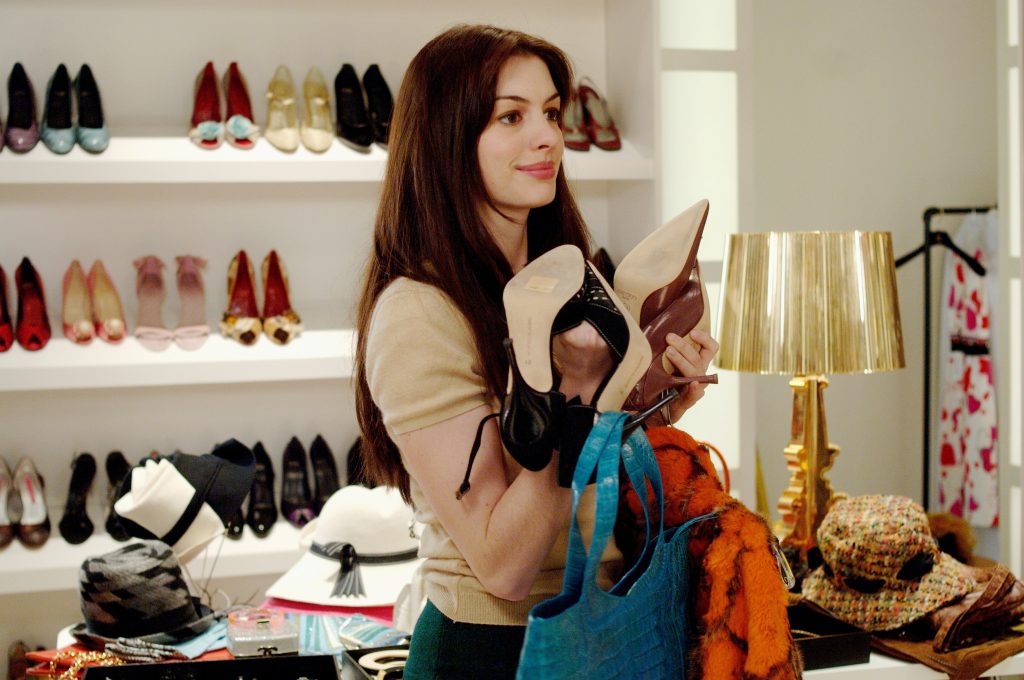
The “Diderot effect” is based on satisfaction and self-definition mechanisms. The illusion is created that a new purchase will improve our lives and make us happier and more successful. We may try to compensate for dissatisfaction in other areas of life with purchases. Additionally, advertising and marketing often encourage us to buy a new product by promising that it will make us better.
Financial costs and debts
When buying new things under the influence of the “Diderot effect”, we often do not think about whether we really need it and where the money will come from for a new set of dishes or the next gadget. This may cause your financial situation and debt to deteriorate.
Low self-esteem and dependence on the opinions of others
A vicious circle emerges: a constant feeling of dissatisfaction and dissonance due to fear of making a bad impression on others. Self-esteem depends on the ability to purchase things of status.
Mood depends on shopping
The main danger of the “Diderot effect” is that our mood depends on the degree of satisfaction with purchases. The feeling of false happiness disappears immediately after purchasing a new product.
How can you stop making impulse purchases?
Keep a shopping book
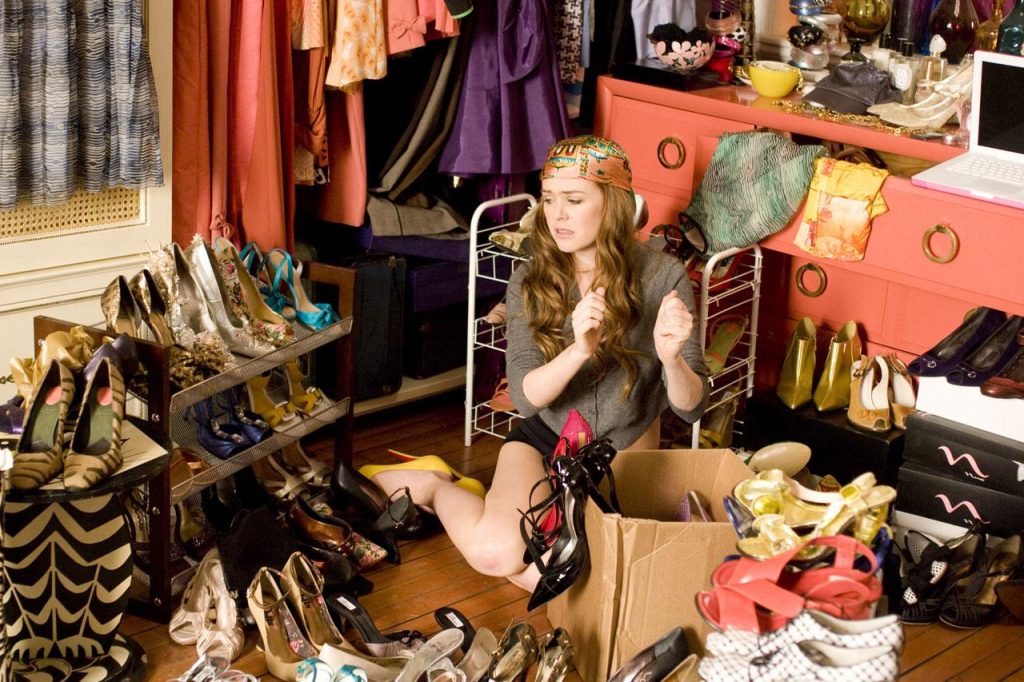
Here, keep track of how much you spent on the item and then how many times you used it. Next time you want to buy something similar, check your notebook to see if you will definitely use it. This will help cool down the emotions.
Consider the use of something new
To determine if something new is really necessary, try to find a use for it. If you can’t tell an important reason, don’t buy.
Consider your mood before purchasing
Ask yourself if you actually plan to use the new item. Maybe you’re not having a good day and you just want to cheer yourself up. Of course, the decision is up to you, but the pleasure of the purchase will be short-lived, so it is better to meet with friends or spend the evening with a loved one.
Remember your priorities
In order not to waste money on all kinds of trinkets, remember the main goals. Maybe you want to go on a trip, take a language course, or go to a concert of your favorite band. Save money for something important that will benefit you in the long run.
Limit your budget for entertainment
Depending on how much you earn, set a spending limit that you won’t exceed for pleasure. Set limits that will help you allocate the amount more effectively for yourself and other needs.
Source: People Talk
Errol Villanueva is an author and lifestyle journalist who writes for The Fashion Vibes. With a passion for exploring the latest trends in fashion, food, travel, and wellness, Errol’s articles are a must-read for anyone interested in living a stylish and fulfilling life.

